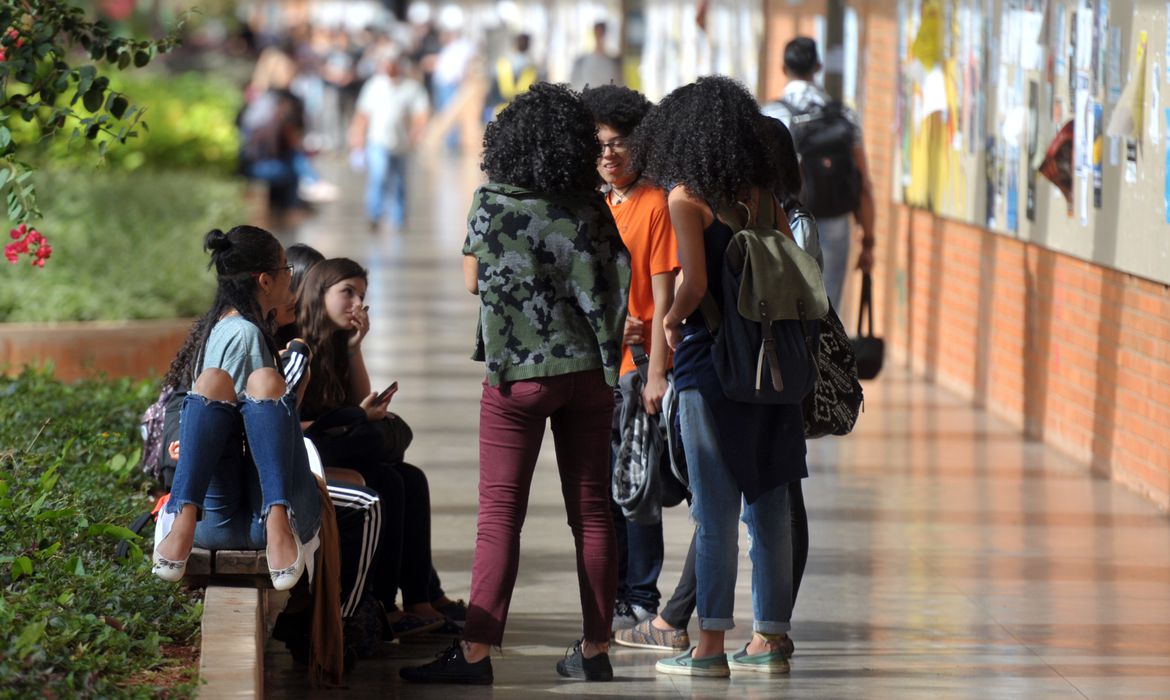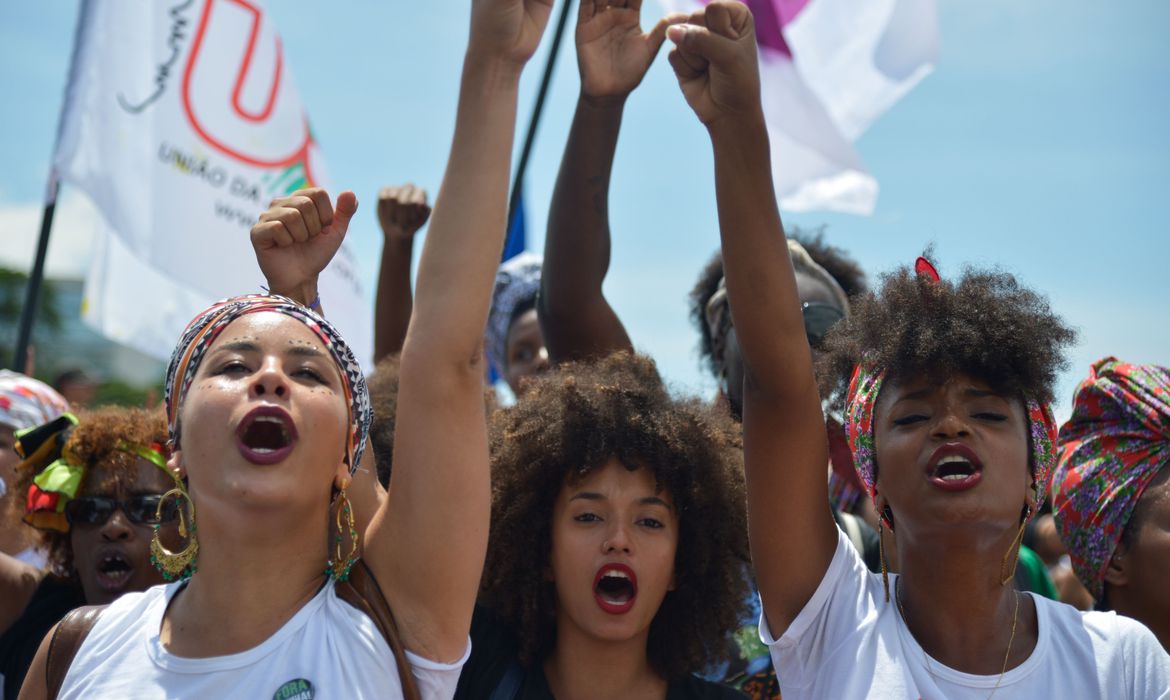In 2003, long before the historic decision of the Supreme Court that unanimously affirmed the constitutionality of racial quotas in universities, an ADI (Direct Action of Unconstitutionality) filed by Confenen (National Confederation of Teaching Establishments) attempted to overturn the reservation of places in Rio de Janeiro state universities for students of color, those from the public school system and those with physical disabilities. Confenen claimed that the quota system is discriminatory and that the admission of students in this way was illegitimate and unconstitutional.
In its request for admission as amicus curiae, Conectas presented data attesting to the inequality in access to public higher education in Brazil and its impact on various spheres of society.
At the time, attendance by white people in courses such as Medicine and Dentistry, for example, was nine times greater than by black people. According to data from the Ministry of Education in 2001, only 2% of young people who completed higher education were black.
The organization claimed that this inequality derives from historical violence and discrimination against certain population groups, and it defended the constitutionality and importance of affirmative action policies to address this situation.
“Affirmative actions are special and temporary measures, taken by the State and/or the private sector, spontaneously or compulsorily, with the purpose of eliminating historically accumulated inequalities, guaranteeing equal opportunities and treatment, as well as compensating for losses caused by discrimination and marginalization due to race, ethnicity, religion and gender, among other reasons,” reads an excerpt from the document.
In addition to pointing out that the case had lost its purpose, given the approval of a state law on the matter (Law 4,151/2003), Conectas stated that Confenen does not have legal standing to challenge a measure intended for state-level public universities, and not private institutions of higher education.
In September 2003, ADI-2858 was classified by the rapporteur of the case, Justice Carlos Velloso, as “impaired” due to the approval of Law 4,151/2003.
Technical information:
Case: ADI-2858
Court: Supreme Court
Status: Classified as impaired on account of Law 4,151/2003.
Procedure:
- 3/18/2003 – Initial petition
- 9/19/2003 – Request for Conectas to be admitted as amicus curiae
- 9/23/2033 – Ruling classified the ADI case as “impaired”

